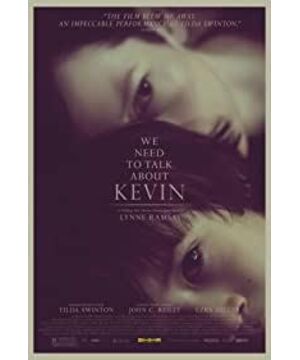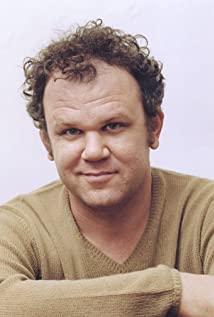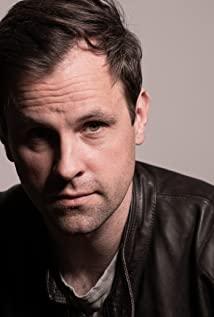First of all, I don't believe that sex is inherently evil, that is, I don't believe that Kevin's evil is unreasonable. This is the point where the screenwriter has too much drama, and it's also a point I don't quite agree with.
Then maybe it's time for a natural killer. Is their hatred unfounded? Obviously not. What Oliver Stone wants to express is not that society will kill us if we are unfair to us, but to blame this deformed status quo.
Back to the movie. Kevin was eccentric and never had a good face for his mother. There are many reasons for this. The film also makes it clear through flashbacks repeatedly: Eve misses her life in France, and she is not mentally prepared to be a mother. The next step is very simple. I will not go into details about the mother's mood during pregnancy and the mother-infant relationship in the early stage of the baby.
I was very shocked that Eve was standing on the construction site to get rid of Kevin's crying, but in the end Kevin won - he was louder than the sound of the rig, and the side glances of passersby made Eve sober.
She's a mother, and a mother shouldn't do that.
Eve went through such a psychological process:
1. To Kevin, there is no attachment and love that a mother would have, but the most basic, "emotions and things that a mother should have". It can be seen that Eve smiled reluctantly at Kevin, and at this stage, the reason she "loved" Kevin was because she felt she "should do it".
2. Then, as Kevin grew up and the hostility became more and more obvious, Eve lost his patience and even broke Kevin. To her surprise, Kevin lied for her. From here on, Eve's emotions turned into a guilty conscience - she felt guilty, but not because of hurting Kevin, but because she owed Kevin "a favor". There is a segment where Kevin suddenly changes his attitude towards Eve when he is sick. I think the writers are really pretending to be smart. The plot he designed was originally to highlight Kevin's ulterior motives - Eve told Kevin the story of Robin Hood, and the next day, Kevin spoke badly to her and asked his father to teach him to shoot arrows, which was exactly what happened in the story the night before. The method used by Robin Hood to defend against the enemy.
In response to this episode, I need to reiterate that no child is born so evil, and this assumption is unfair to the child and cannot be used as a reason for some parents to avoid responsibility.
3. Break the jar. Eve has stopped making any efforts, and she candidly expresses that she is only "doing her duty as a guardian" to Kevin. Like the part of the meal. Eve felt that as long as Kevin didn't do anything to hurt his sister, everyone kept the surface peace, and they could get out of this embarrassing situation after a few more years.
But Kevin's malice has been put into practice, and the abuse of his sister can no longer satisfy him, so there is a school massacre.
4. All this confirms what Eve thinks: Look, he's a demon. But the person she didn't speak to, and the person who made her qualified to say these words is dead. The rest are outsiders who use their morals to accuse her of dereliction of duty.
At this stage, Eve finally let go. She is no longer afraid of Kevin's accusations - she knows the mistakes she has made. What Kevin did transcends the consequences of her failure to show love in the first place.
Kevin finally said that the hatred he remembered at the beginning was no longer understood.
At this moment, Eve stepped forward and hugged his son. The hug showed that she had forgiven herself and that she had begun to truly try to love her son, not because of "moral urges."
View more about We Need to Talk About Kevin reviews











